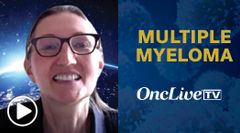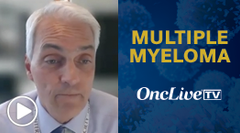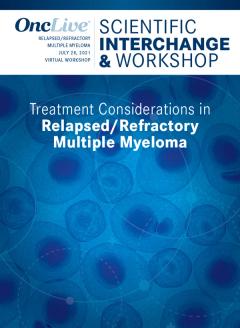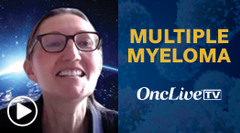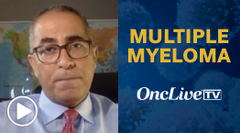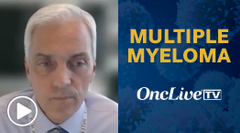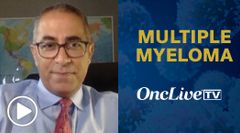
Dr. Mikhael on the Promise of Bispecific Antibodies in Multiple Myeloma
Joseph Mikhael, MD, discusses the promise of bispecific antibodies in multiple myeloma.
Joseph Mikhael, MD, professor, Applied Cancer Research and Drug Discovery Division, Translational Genomics Research Institute, affiliate, City of Hope Cancer Center, chief medical officer, International Myeloma Foundation, discusses the promise of bispecific antibodies in multiple myeloma.
Novel therapeutic choices are always needed in multiple myeloma because patients may be ineligible for certain treatments for various reasons, such as renal insufficiency or comorbidities, Mikhael says.
Bispecific antibodies are a promising emerging therapeutic class in multiple myeloma. These agents could offer an off-the-shelf T-cell therapy for patients who can’t or don’t want to wait for CAR T-cell therapy manufacturing, Mikhael says. Additionally, bispecific antibodies that engage natural killer cells could emerge with similar efficacy but less risk of cytokine release syndrome vs T-cell therapies.
Finally, bispecific antibodies could have a role as maintenance therapy for patients who obtain a response with CAR T-cell therapy, Mikhael says. As has always been a goal of research in multiple myeloma, the field is continuing to improve treatment by synergizing the activity of different agents, such as CAR T-cell therapy and bispecific antibodies, Mikhael concludes.


